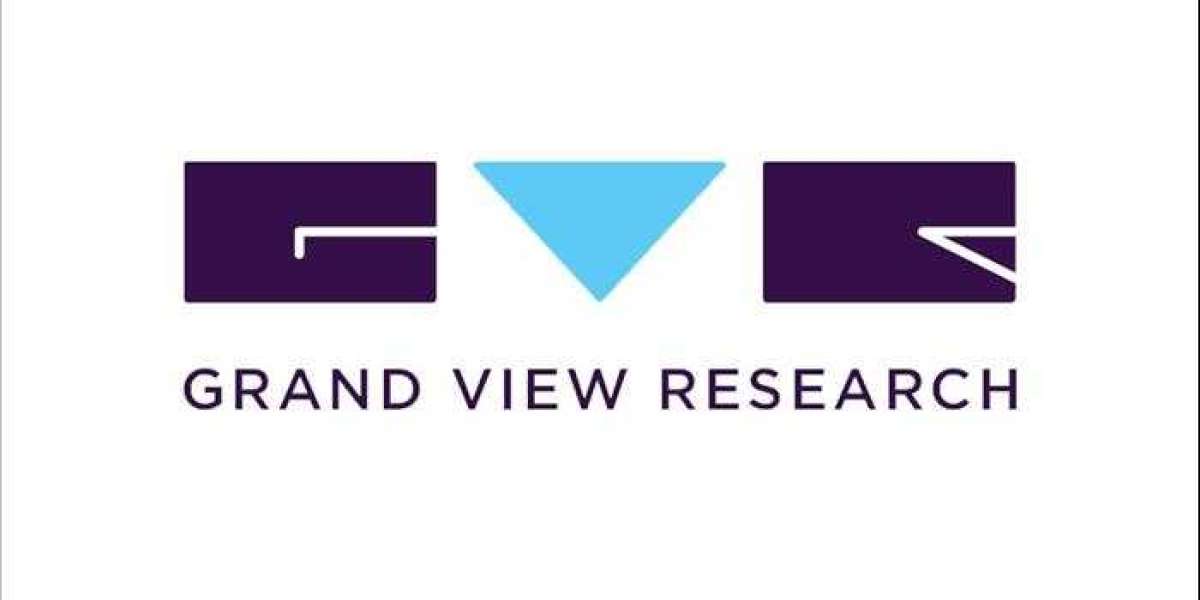Introduction:
Effective social media management is a cornerstone of successful digital marketing. It requires consistent posting, engaging with your audience, and monitoring performance metrics. However, the sheer volume of tasks can be overwhelming. This is where social media reseller panels come into play, offering content scheduling and automation features that simplify the process. In this article, we'll explore how these panels can streamline your social media management and provide valuable benefits.
The Importance of Consistency in Social Media Marketing:
Consistency is a key factor in the success of any social media strategy. When you post content consistently, you achieve several significant advantages:
Audience Engagement: Regular posts keep your audience engaged, ensuring they continue to see and interact with your content.
Brand Trust: Consistency in posting creates a sense of reliability and trust among your followers.
Algorithm Favorability: Many social media algorithms favor accounts that post consistently, showing your content to a wider audience.
Content Flow: A consistent posting schedule helps maintain a steady flow of content, keeping your social media profiles active.
Challenges in Maintaining Consistency:
Despite the benefits of consistent posting, maintaining it can be challenging for several reasons:
Time Constraints: Social media management is time-consuming, and many businesses struggle to allocate the necessary resources.
Variety of Platforms: Managing multiple social media platforms can be overwhelming, requiring time and attention to each.
Content Creation: Generating quality content regularly can be daunting.
Peak Posting Times: Posting at optimal times often requires manual effort.
How Social Media Reseller Panels Help:
Social media reseller panels provide a range of features that address these challenges, simplifying the process of content scheduling and automation:
Content Scheduling: Reseller panels enable you to schedule posts in advance, allowing you to plan your content calendar and ensure a consistent posting schedule.
Multi-Platform Management: They often support multiple social media platforms, allowing you to manage all your accounts from a single dashboard.
Bulk Posting: Reseller panels often offer the option to schedule and post content in bulk, saving you time and effort.
Automated Posting: You can set specific times for posts, automating the process and ensuring content is shared at optimal times for your audience.
Content Queue: These panels offer a content queue that organizes your scheduled posts, making it easy to manage and monitor.
Analytics and Insights: Reseller panels provide data insights on the performance of your posts, helping you refine your content strategy.
Cross-Platform Sharing: Some panels allow you to cross-promote your content on different social media platforms, amplifying your reach.
Benefits of Content Scheduling and Automation:
Time Efficiency: Scheduling and automating content saves time, allowing you to focus on other aspects of your social media strategy.
Consistency: Automation ensures you post consistently, benefiting audience engagement and brand trust.
Optimal Timing: Scheduled posts can target optimal times for your audience's activity, maximizing visibility.
Content Variety: You can plan and create a diverse range of content in advance, enhancing your overall strategy.
Streamlined Workflow: The convenience of a single dashboard and bulk posting simplifies the management of multiple platforms.
Conclusion:
Content scheduling and automation are essential components of a successful social media strategy. Social media reseller panels provide valuable tools and features that streamline the process, ensuring you can post consistently and efficiently. By leveraging these benefits, businesses and marketers can not only save time but also enhance their online presence, audience engagement, and brand trust. Embracing content scheduling and automation through reseller panels is a smart investment in the ever-evolving world of digital marketing and social media management.








